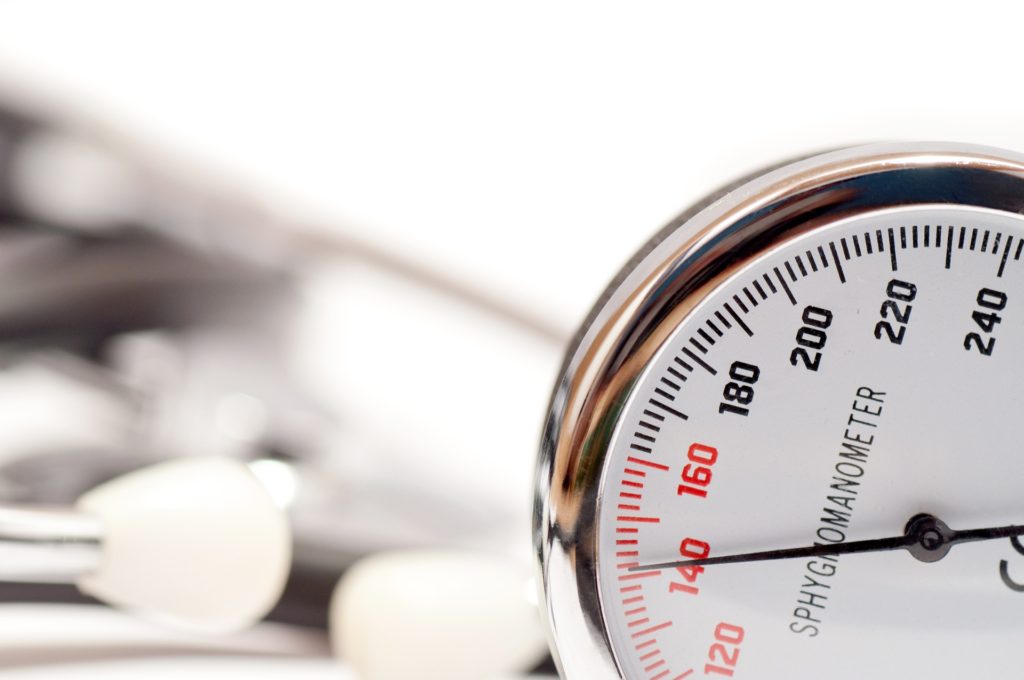High blood pressure or hypertension dramatically adds to the workload of your heart, arteries and veins. Your heart must pump harder, and the arteries and veins that carry and return the blood to the heart are functioning under greater strain. If high blood pressure continues for a long time, your cardiovascular system, including the blood flow to the brain, may not work optimally.
The damage is done is phases starting with microtears in the lining of the walls of our blood vessels. Over time, fatty tissue deposits (typically cholesterol plaques) fill in these spaces and turn into calcium deposits, which cause the arteries to lose their plasticity, to harden and thicken, and ultimately, narrow. Â
Your heart and brain can handle mildly decreased blood and oxygen due to high blood pressure for a long time, which is why you might live with high blood pressure for years without any symptoms or noticeable effects. However, that doesn’t mean it isn’t hurting you. High blood pressure increases the risk of heart attack, kidney disease, peripheral artery disease, chronic ischemic small vessel disease, transient ischemic attacks (TIA), ministrokes and stroke. All of these conditions significantly increase your risk of vascular dementia.
What can I do better?Â
(2017 American Heart Association recommendation: 130/80 Systolic/Diastolic)
Maintain a healthy weight
- Check with your healthcare provider to see if you need to lose weight.
- If you do, lose weight slowly, using a healthy eating plan and engaging in physical activity.
- Even losing 10 pounds can go a long way in improving your cardiovascular health!
Be more physically active
- Almost everyone can be more physical even if it means doing arm and legs lifts in a chair or on the couch.
- Try to engage in moderate physical activity for a total of 30 minutes on most days of the week.
- Combine everyday household chores with stretching and walking, as your physical condition allows. Â Â Be sure to check with your doctor to learn which activities are best for you.
Drink alcohol in moderation
- In addition to raising blood pressure, too much alcohol can add unnecessary calories to your diet.
- If you drink alcoholic beverages, drink in moderation—one drink a day for women, two drinks a day for men.
- Make sure to check with your doctor regarding whether alcohol is inappropriate medically or if it will interact with your medications.
Take prescribed medications exactly as directed by your doctor
- If you need drugs to help lower your blood pressure, you still should follow the lifestyle changes above.
- Use a pillbox along with notes and other reminders to help you remember to take your medications every single day. Even missing your medications for two days can significantly raise your risk of stroke. Ask a loved one to help you with reminder phone calls and messages, if needed.
- If you experience side effects from your medications, please do not stop taking them. Talk to your doctor so that a more tolerable medication can be prescribed.



I have a few questions but in a few months i am coming there i would love to see you if i have to make appointments i will